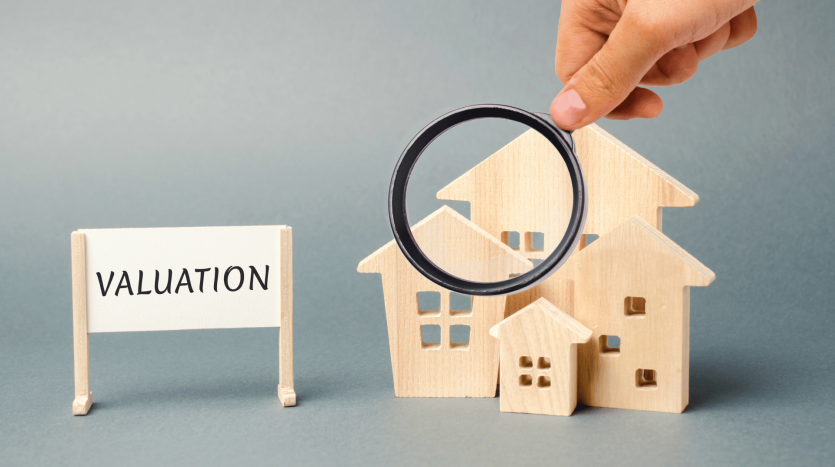Understanding Valuers’ Scale of Fees in Kenya
Valuation is an essential aspect of the real estate and property management sector. In Kenya, valuers play a critical role in determining the market value of properties for various purposes such as sales, purchases, mortgages, taxation, insurance, and compensation. To ensure fairness and transparency in the valuation process, the Valuers Registration Board (VRB) in Kenya has established a standardized scale of fees that valuers must adhere to. This article explores the valuers’ scale of fees in Kenya, providing insight into how these fees are structured and applied.
The Role of Valuers
Valuers are professionals who assess the value of real estate and other assets. Their expertise is crucial in providing accurate and reliable valuations, which form the basis for various financial and legal transactions. Valuers in Kenya must be registered with the VRB, which regulates the profession and ensures adherence to established standards.
Regulatory Framework
The VRB operates under the Valuers Act (Cap 532), which outlines the requirements for registration, conduct, and the scale of fees for valuers in Kenya. The scale of fees is periodically reviewed and updated to reflect changes in the market and ensure that valuers are fairly compensated for their services.
Structure of the Scale of Fees
The valuers’ scale of fees in Kenya is typically structured based on the type and value of the property being valued. The fees are usually expressed as a percentage of the property’s market value, with different rates applying to various categories of property. Here are some key aspects of the fee structure:
- Residential Properties: Valuers charge a percentage of the market value for residential properties. The percentage may vary based on the complexity and location of the property. For instance, properties in urban areas might attract different rates compared to those in rural areas.
- Commercial Properties: The fees for valuing commercial properties, such as office buildings, retail spaces, and industrial properties, are also based on a percentage of the market value. These valuations often require a more detailed analysis due to the nature of the income generated from such properties.
- Agricultural Properties: For agricultural land and related assets, valuers charge a percentage fee that reflects the unique characteristics and potential income of the property.
- Specialized Properties: Properties with unique features or those used for specialized purposes, such as hotels, hospitals, or educational institutions, may attract different rates. These valuations often require specialized knowledge and a detailed assessment of various factors.
Additional Considerations
In addition to the percentage-based fees, valuers may charge extra fees for specific services such as:
- Consultations and Advisory Services: Providing expert advice or consultation services outside the standard valuation process.
- Travel and Accommodation: For properties located far from the valuer’s base of operation, additional fees may be charged to cover travel and accommodation expenses.
- Complex Valuations: Properties requiring extensive research, analysis, or legal considerations may attract higher fees due to the additional work involved.
Ensuring Fairness and Transparency
The standardized scale of fees aims to ensure fairness and transparency in the valuation process. By adhering to a regulated fee structure, valuers provide consistent and reliable services, fostering trust among clients and stakeholders. The VRB monitors compliance with the fee scale and addresses any disputes or complaints related to valuation fees.
Conclusion
The valuers’ scale of fees in Kenya is a crucial component of the property valuation process, ensuring that valuers are fairly compensated while maintaining transparency and consistency. Whether for residential, commercial, agricultural, or specialized properties, understanding the fee structure helps clients make informed decisions and ensures the credibility of the valuation profession in Kenya.
For anyone engaging the services of a valuer, it is important to verify that they are registered with the VRB and to discuss the fee structure upfront to avoid any misunderstandings. By doing so, clients can ensure they receive accurate and reliable valuations that meet their needs and comply with regulatory standards.




